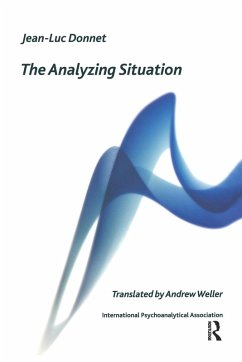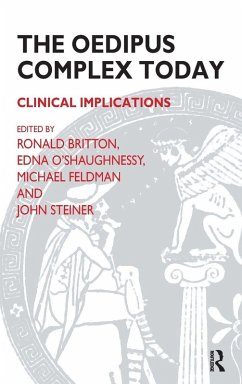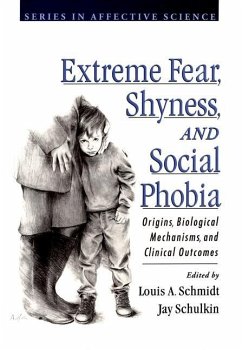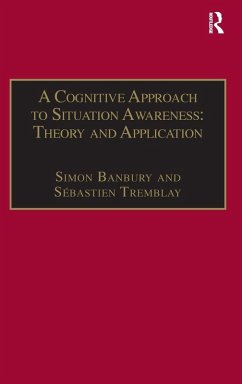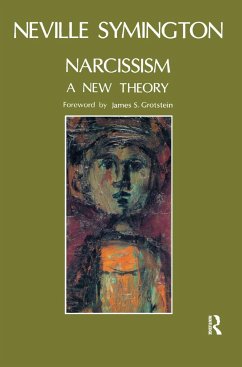
Autonomy in the Extreme Situation
Bruno Bettelheim, the Nazi Concentration Camps and the Mass Society
Versandkostenfrei!
Versandfertig in 1-2 Wochen
88,99 €
inkl. MwSt.

PAYBACK Punkte
44 °P sammeln!
Bruno Bettelheim, now viewed by many as a pariah theorist, especially on the Nazi concentration camps, has been significantly misunderstood by most of his critics and admirers. In both cases, the subtlety and complexity of his narrative on the camps has not been fully recognized. This has resulted from an inadequate appreciation of his central thesis, that the inmate's struggle in a concentration camp is the extreme example of the modern dilemma of maintaining autonomy in the depersonalizing mass society, such as in the United states and Western Europe. This book elucidates, critiques, and fur...
Bruno Bettelheim, now viewed by many as a pariah theorist, especially on the Nazi concentration camps, has been significantly misunderstood by most of his critics and admirers. In both cases, the subtlety and complexity of his narrative on the camps has not been fully recognized. This has resulted from an inadequate appreciation of his central thesis, that the inmate's struggle in a concentration camp is the extreme example of the modern dilemma of maintaining autonomy in the depersonalizing mass society, such as in the United states and Western Europe. This book elucidates, critiques, and further develops Bettelheim's pathbreaking and controversial insights on the behavior of concentration camp inmates. It provides the rudiments of a new framework for conceptualizing inmate behavior and is the first book-length treatment of Bettelheim's views on the dangers of contemporary society. The author accomplishes his goals in part by drawing from such social theorists as Michel Foucault, Anthony Giddens, Erving Goffman, Zygmunt Bauman, and Emmanuel Levinas, as well as psychoanalytically oriented thinkers such as Roy Schafer. The book concludes with a discussion of the significance of Bettelheim's findings about inmate behavior in the camps, and how we in our mass society can protect ourselves, resist, and fight back against the assaults on our autonomy, individuality, and humanity.







